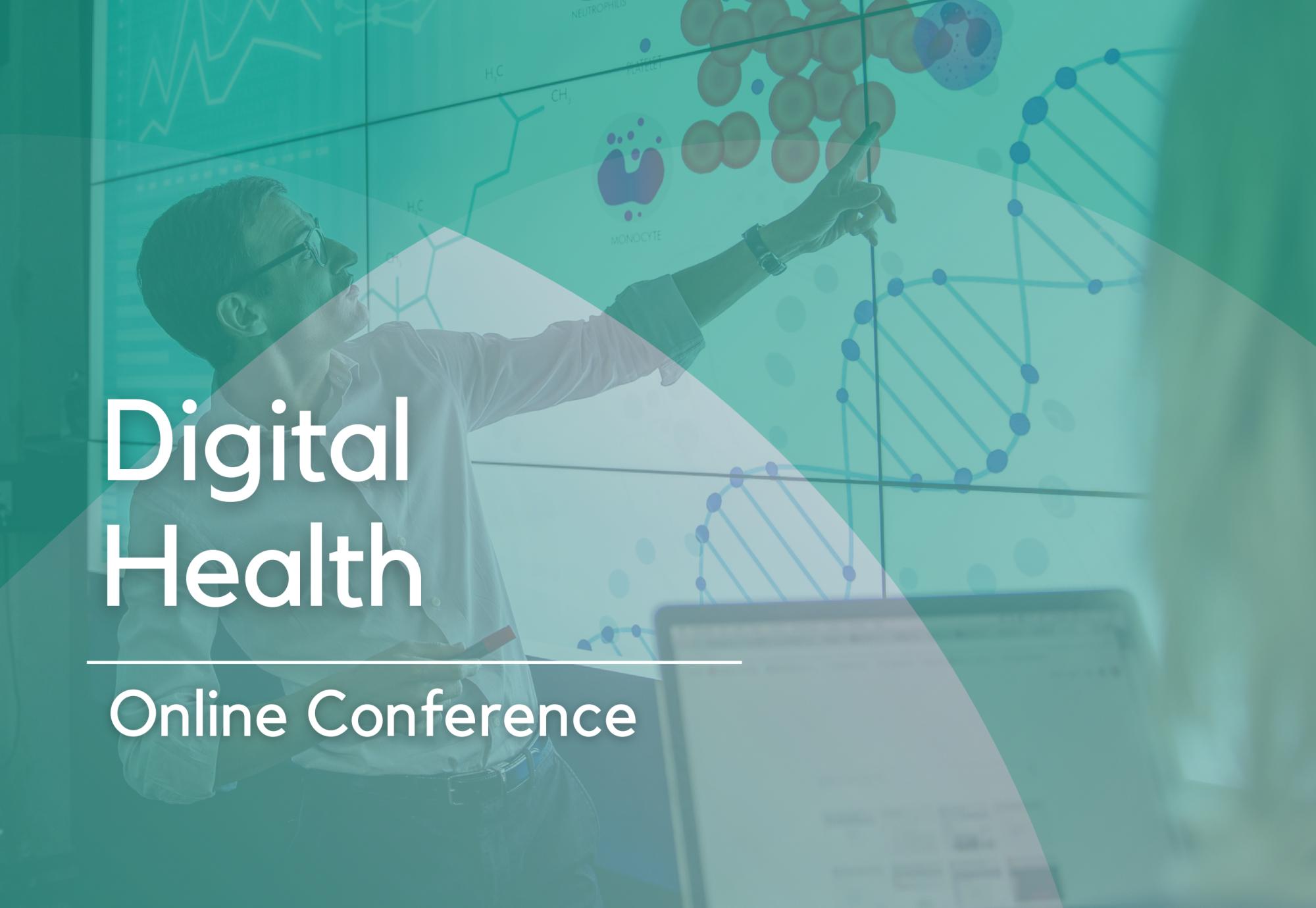“The more you digitise, the more you disadvantage people,” said Trisha Greenhalgh at National Health Executive’s digital health online conference where leaders from across the sector convened to discuss everything from AI and telehealth to the implications of digital technology on the workforce and health inequalities.
One of the panels included:
- Trisha Greenhalgh, Professor of Primary Care at Oxford University’s Nuffield Department of Primary Care Health Sciences
- Dr Devesh Sinha, Chief Clinical Information Officer at Barking, Havering and Redbridge University Hospitals
- MaryAnn Ferreux, Medical Director at Health Innovation Kent Surrey Sussex
- Dr Elena Provenzano, Consultant Histopathologist at Cambridge University Hospitals
Our panel explored how digital might not be the answer to improving health inequalities and more work is to be done to improve care.
Our host Gail Emms MBE, first asked Trish about the challenges of remote and digital healthcare in general practice.
Trisha said: “What we’ve been doing is hanging out in GP practices up and down the country and seeing what happens as those practices try to introduce more remote and digital technologies.
“I want to start off with challenging the idea that digital is the answer to health inequalities because our research data suggest precisely the opposite – the more you digitise, the more you put remote and digital as a barrier to access to people, the more you disadvantage people who are already disadvantaged.”
The panel went onto discuss how the latest innovations should be met with caution and Devesh thinks people should ask, ‘Who’s going to miss out?’.
MaryAnn explained that individuals and single organisations can only do so much to improve health inequalities and the way digital solutions are developed and adopted, but real change must come from policy-makers.
Despite the warnings, Elena did explain how digital pathology is helping both the workforce and the patient, specifically cancer patients who are getting their results back faster.
To experience the whole discussion and hear more insight from all of our panellists, register to watch the on demand content and better understand where the digital transformation journey needs to go to tackle health inequalities.



















